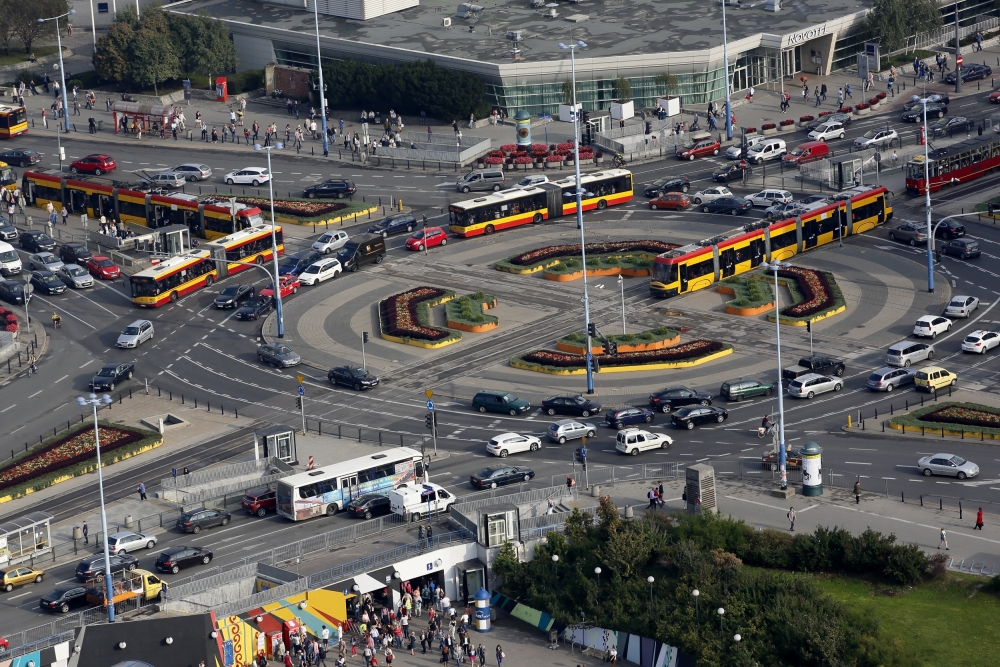Project “Sustainable Urban Mobility and Commuting in Baltic Cities” (acronym: SUMBA) got approved in the second round of Interreg Baltic Sea Region Programme. The project started in October 2017 and will draw conclusions in September 2020.
SUMBA aims to address commuter transport and help to mitigate problems that are caused by private cars dominating in commuter traffic, such as congestion, air pollution, high demand of parking spaces and higher costs of public transport. SUMBA will operate in three steps: develop tools and guidance documents, test them in the project pilot regions, and spread the result in the Baltic Sea Region. The project has been divided into three main work packages accordingly.
The first step is to get aligned. A common approach for assessment of transport systems, use of transport models and guidance for data collection will be developed. The overall ambition of this work package is to enable target groups such as planners working in municipalities and transport providers to analyse, assess and improve their transport system with regards to commuting and intermodal passenger transport. It aims at dismantling barriers to use transport models and assessment tools by providing information and guidance, including cost efficient solutions for open source software and alternative data sources.
Furthermore, the work package aims to increase target groups’ capabilities for using assessment tools and transport models by mutual learning among project partners regarding data sources, state-of-the-art modelling and assessment tools. The results of the identification and collection process will support the activities in the upcoming work packages.
Secondly, the project creates a basis for planning and policy improvement, aiming to select and apply appropriate tools for the transport planning and modelling for participating municipalities and to develop a template for “Commuting Master Plans”. This activity responds to the needs of the municipalities to receive an integrated approach to deal with the problems caused by commuting. It will provide tools and solutions to our target group, municipal staff working in transport planning, to improve commuting mobility.
Also, the Commuting Master Plan template that will be developed. This will include aspects of governance, financing, planning and service improvements. The Commuting Master Plan template will provide basis for developing the Commuting Master Plans for the participating cities. The practical implementation activities carried out by the participating municipalities will provide input for defining scenarios for the individual Commuting Master Plans. The template will also be of relevance to other cities in the Baltic Sea Region to which it can be applied. Commuting Master plans and action plans will be drafted and negotiated in the pilot areas.
Last but not least, SUMBA has an ambition to encouraging other Baltic Sea Region actors to take up the SUMBA approach by raising general awareness of the problem of sustainable and energy efficient commuting and point out that possible solutions can be developed through systematic approach and modelling. The use of benchmarking scheme, similar and compatible with other mobility indexes, will allow municipalities to compare their situations and solutions at hand. This will work as a foot in the door to reach other cities and spark their interest to approach the issue of sustainable commuting in a systematic way.
You can find more information from the project overview from below:

